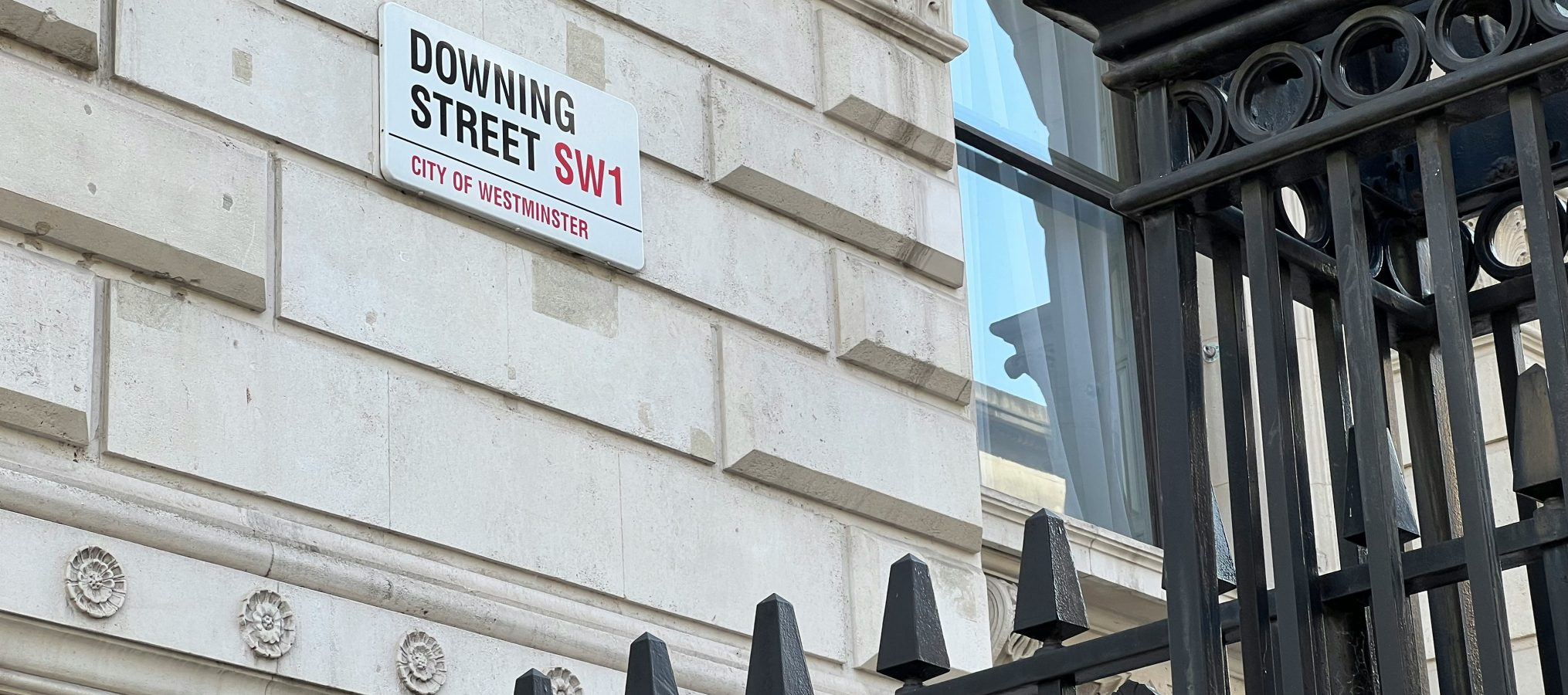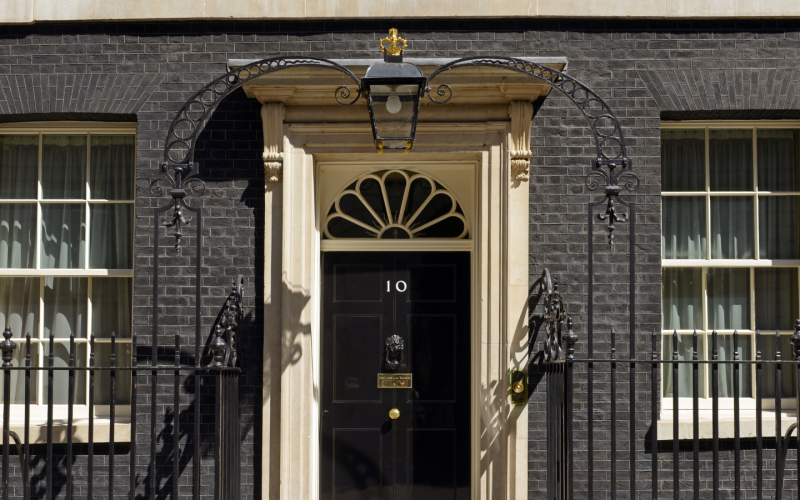
Today the Chancellor of the Exchequer gave the Spring Statement, laying out the government’s planned spending priorities.
This comes after last week’s announcement by the Secretary of State for Work and Pensions, which outlined significant cuts to welfare benefits, in an effort to save £5 billion.
Today’s statement included yet more welfare cuts. Taken together, the Spring Statement and last week’s announcement include:
- A freeze on health-related universal credit for new claimants until 2030, in addition to being halved from April 2026.
- Health-related payments to existing claimants will also be frozen until 2030.
- A stricter eligibility test for personal independence payments, the main disability benefit, from November 2026.
- A freeze on incapacity benefits for existing claimants from April 2026, with a top-up payment for only for those with the most severe conditions.
- People under 22 will no longer be able to claim the incapacity benefit top-up of universal credit.
We’ve said it before and we’ll say it again: real reform means creating environments where people can flourish; not causing profound worry, stress, and despair by financially penalising people who are unwell.
Instead of moving costs around the system, we should focus on giving personalised and compassionate support to help people recover and stay well in the future.
Feeling a sense of purpose, being connected with others, and having enough money to live is what we all want in life, whether we have mental health issues or not.

